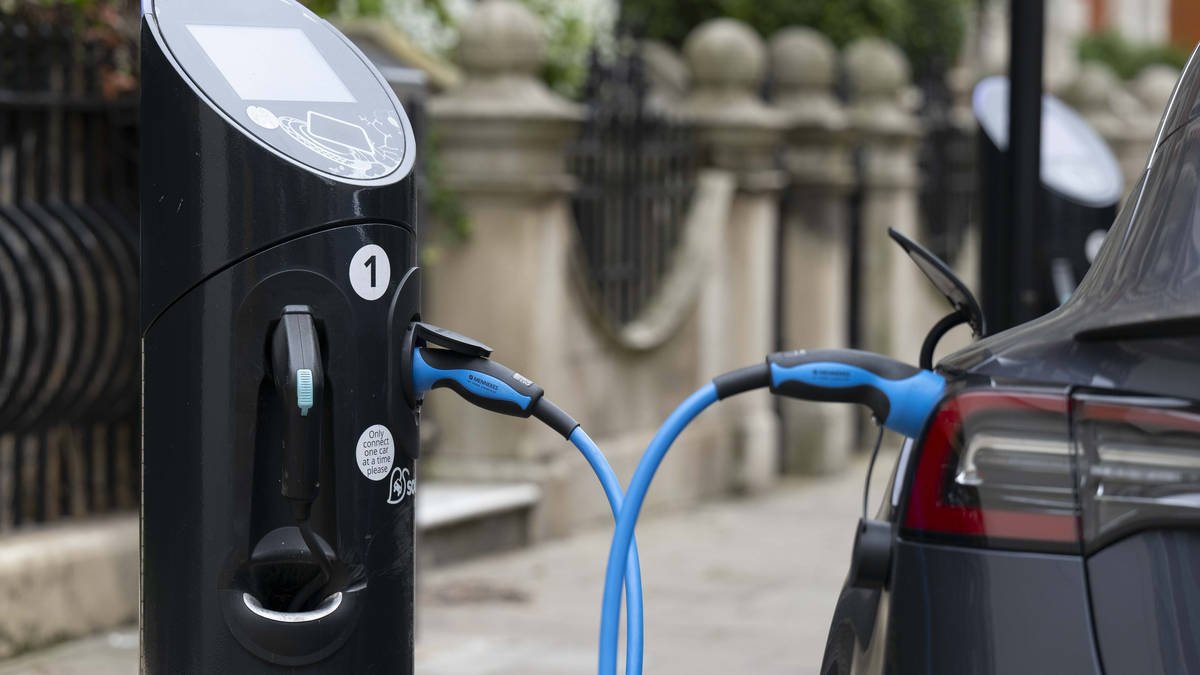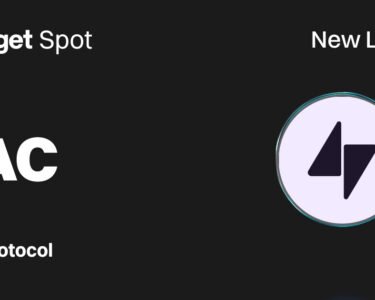15 July 2025, 00:11

Picture:
Getty
Grants for new electric cars are being reintroduced after being scrapped in June 2022, the Department for Transport (DfT) has announced.
Drivers will be able to reduce the purchase cost of a new electric car by up to £3,750 under the plans.
Officials hope the measure – restricted to vehicles priced at up to £37,000 – will encourage more drivers to switch to electric motoring.
The DfT said 23 new electric car models are available for less than £30,000.
The Government has pledged to ban the sale of new fully petrol or diesel cars and vans from 2030.
Transport Secretary Heidi Alexander said: “This EV grant will not only allow people to keep more of their hard-earned money – it’ll help our automotive sector seize one of the biggest opportunities of the 21st century.
“And with over 82,000 public chargepoints now available across the UK, we’ve built the infrastructure families need to make the switch with confidence.”
Drivers buying electric cars can benefit from tax breaks if their employer has a company car scheme, but there have been no universally available grants since they were axed by the Conservative government in June 2022.
Read more: Corbyn-Sultana party could draw level with Labour, new polling suggests
The new grants will be funded through a new £650 million scheme.
Amounts will be based on a car’s “sustainability criteria”, the DfT said.
The greenest vehicles will be in band one, which means a grant of up to £3,750.
Band two vehicles will receive up to £1,500.
Car manufacturers will be able to apply for the money through the Electric Car Grant from Wednesday.
RAC head of policy Simon Williams said discounted cars should start appearing at dealerships “within weeks”.
He added: “As the biggest savings will be given to cars with the strongest green manufacturing credentials, drivers will be picking models that are not only better for their wallets, but better for the planet too.”
Dan Caesar, chief executive of lobby group Electric Vehicles UK, said: “While battery-only EVs are much cheaper to buy and run than most realise, surveys show that cost misperceptions are the primary reason for hesitance.
“A generous grant of this nature gives a new group of interested buyers a gentle nudge.”
Ian Plummer, commercial director of online vehicle marketplace Auto Trader, said “any incentives” to help people buy an electric car are welcome as many drivers are “put off by the high upfront cost”.
The DfT announced last week that road signs for electric vehicle charging hubs will be introduced on major A roads in England.
It also launched a £25 million scheme for local authorities to support residents without off-road parking to recharge electric cars using cables connected to their homes which run along gullies embedded in pavements.
Under the Government’s zero emission vehicle (Zev) mandate, at least 28% of new cars sold by each manufacturer in the UK this year must be zero emission, which generally means pure electric.
Across all manufacturers, the figure during the first half of the year was 21.6%.
Prime Minister Sir Keir Starmer announced in April that sales of new hybrids that cannot be plugged in will be permitted to continue until 2035.
Changes to the (Zev) mandate also mean it will be easier for manufacturers who do not meet the targets to avoid fines.




